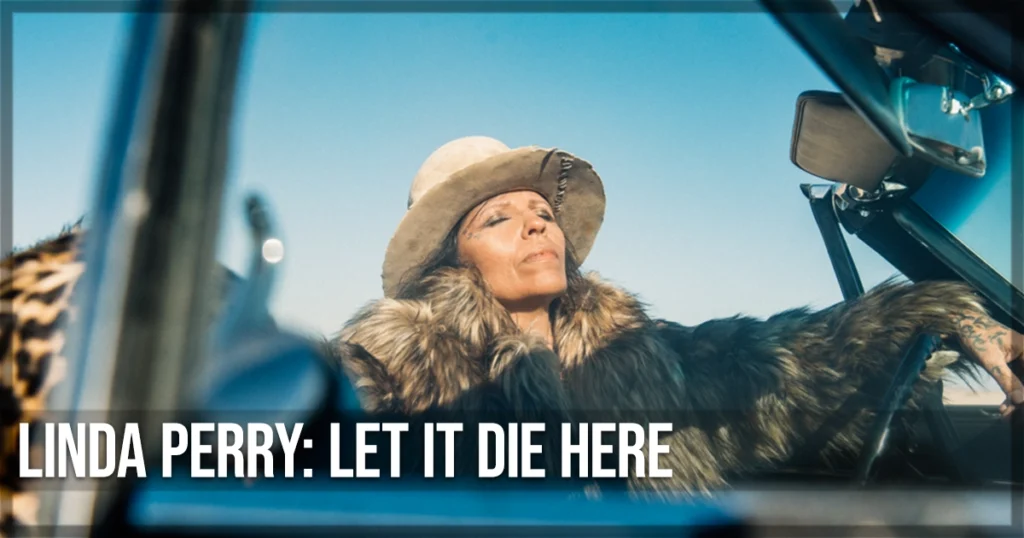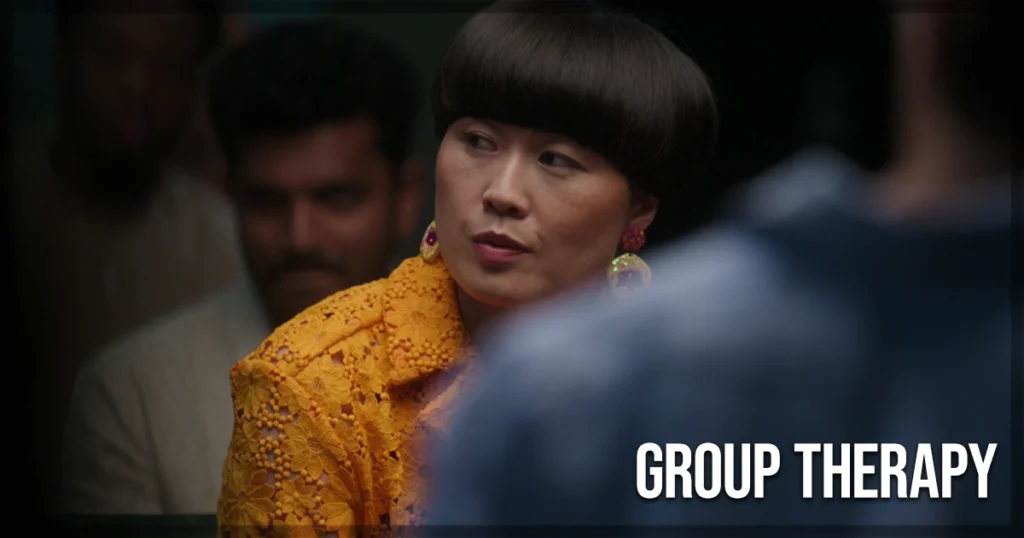Inside the entertainment business, industries switch. When we look back at the phonographic market, it is changing. For example, independent artists, a small percentage of the pool then, could live throughout their CD sales and concerts at small gigs. It is a reality that changed completely. Today, streamers’ royalties do not allow smaller artists to survive on their art. It is a story that folk artist Ani DiFranco tells at the beginning of 1-800-ON-HER-OWN. She explains to director Dana Flor how she has to be on the road to pay the bills. It is explicit how she does not want to be commuting for concerts across the United States to survive. In a raw and sincere portrayal, the public watches how tiring and tedious her routine is.
Dana Flor looks at Ani DiFranco in 1-800-ON-HER-OWN
For instance, boredom is only a minor factor in this equation. DiFranco is an artist who feels stuck in her career. She has been performing to outlive since she was fifteen, when she became an emancipated minor and started living alone. Notably, it shows how being raised in a broken house affected her perception of the world. At nineteen, she founded Righteous Babes Records in 1989. It was innovative not only for an artist not to seek a deal with the major labels, such as Warner, Sony, EMI, or Universal. But she was also a pioneer in the way she conducted her career.
Not long after starting the label, she started making a fuzz in the New York scene. She would sing about her reality; as she stated back then, folk music narrates society and its politics. In the 1990s, Ani was regarded as a sincere singer. She would be open about her bisexuality, which was a shock to the media. She was not afraid of talking about abortions, including the ones she had done in the past. At a certain point, DiFranco even says this trace of personality is because her parent created her, as her mom was an architect and activist. It would be so liberal that she went to discover the world at a very young age.
There is a parallel between the shaved-head punk folk artist in the 90s and the now-turning fifty-year-old artist. Someone who says music is not fun anymore. A woman whose look is empty about her gift. Even more engaging as she starts her self-reflection before the lockdown in 2020. We see her going to Eau Claire, Wisconsin. She participates in a camp with Bon Iver vocalist Justin Vernon and their producer Brad Cook. In an introductory activity, Ani says she is excited to write music with someone else since she has solo-penned her catalog.
Soon as the world started collapsing with lockdowns and social distancing, her career and worldview shifted. While seated on the porch watching her children Petah and Dante running in the yard, she reflects how that was everything she wished for, but it came with bad expenses. And those contemplations recall an inner Ani, sort of an old-school spirit, which she lost when she closed the Buffalo office of the Righteous Babes records. The label fell off after megalomaniac years of managing by Scott Fisher, who was her manager until 2017. His obsession with an old church, which he bought with the business money, made him forget to look at the market. CD business would be affected by Napster. Soon, it started losing its importance, as people were not interested in paying for music when they could download it online.
Recording her new album, she invited Brad to produce it, and even after trips during the pandemic, he asked to leave the project as he felt he was not the right guy to deliver the sound she was looking for. Confronted again by a lost road, DiFranco will search for her sound by producing it as the project’s principal producer. Also, she started inviting local New Orleans producers. These scenes guide you about being lost and finding yourself along the way.
The film may feel dragged at some passages, but her journey is engaging enough to keep you gripped in her story. Even without deepening itself, it is roughly sixty-something minutes long. The film provides a rather provoking look at the rebirth of a female artist in her fifties. Ani says she is curious about what her sixties and seventies will be like – while 1-800-ON-HER-OWN does not answer this thought. It reflects on her past. At the same time, it is hopeful enough about her future. After twenty-four albums, she still has something to say. And it is worth it to have listened to what she has to say.
1-800-ON-HER-OWN recently premiered at the Tribeca Film Festival.
Learn more about the documentary at the Tribeca site for the title.
You might also like…
‘Linda Perry: Let It Die Here’ Review: Immeasurably Moving Documentary
‘Group Therapy’ Review: Six Comedians Get Honest and Vulnerable About Mental Health



